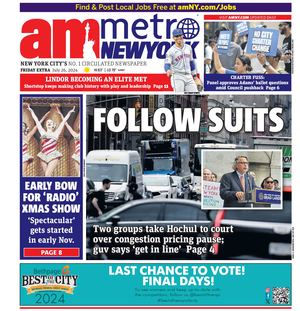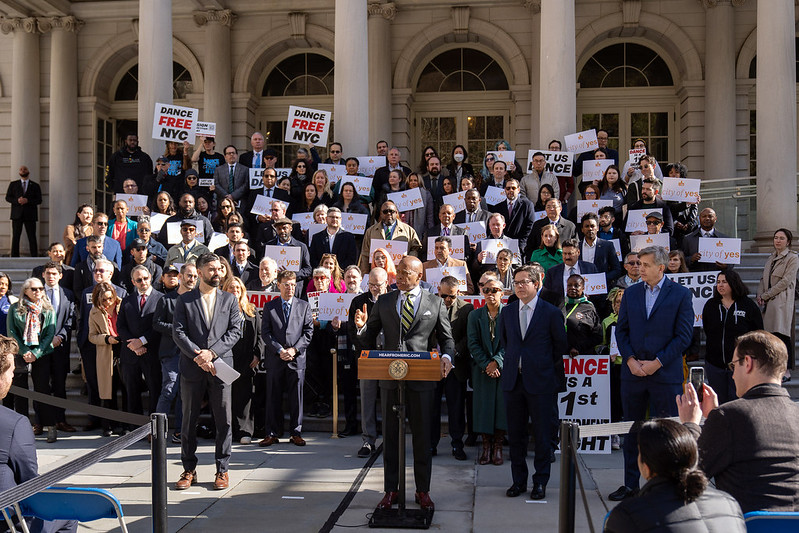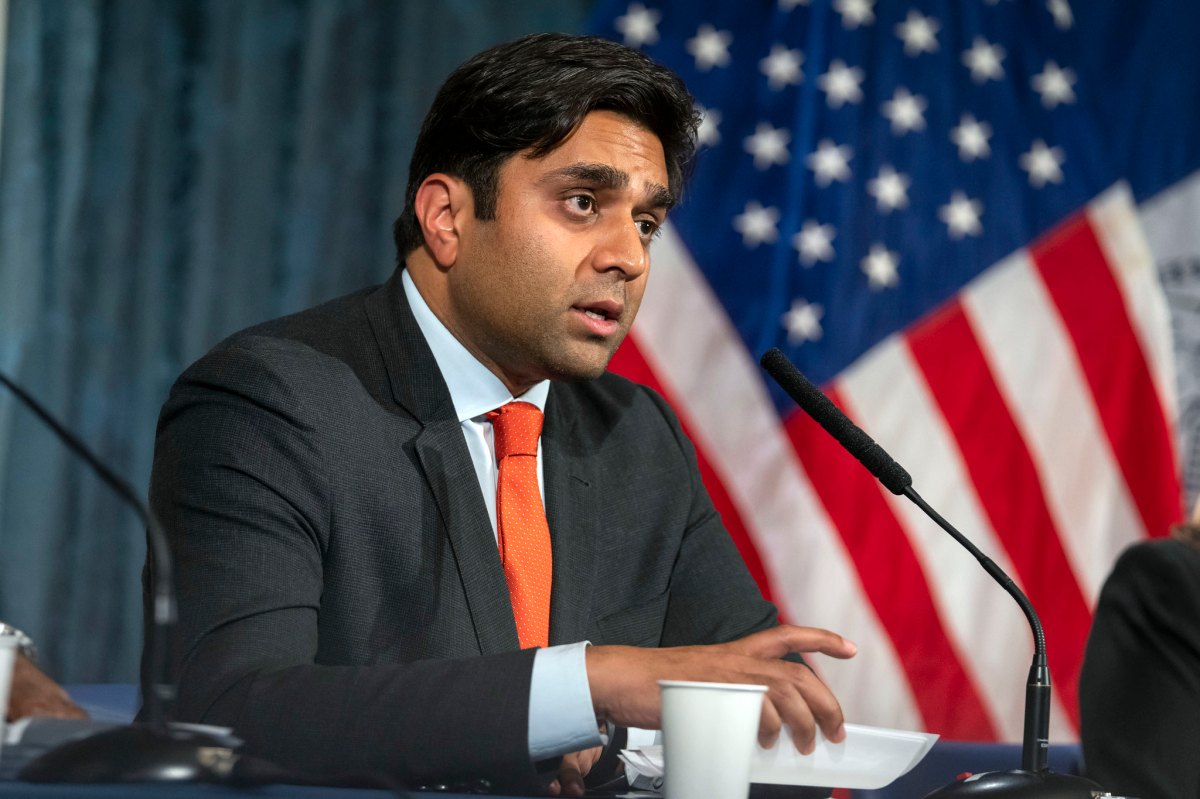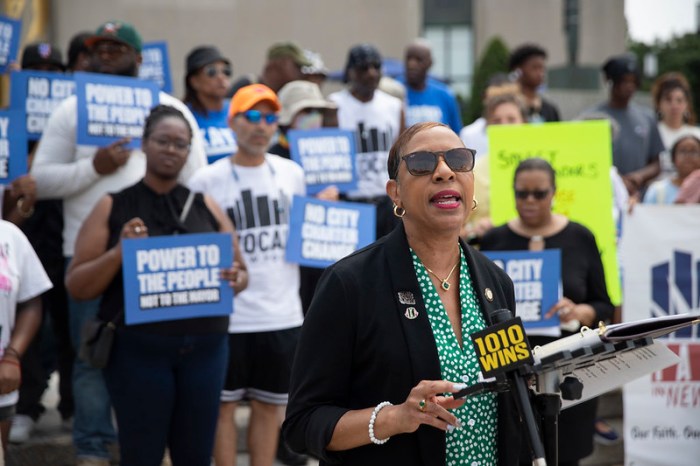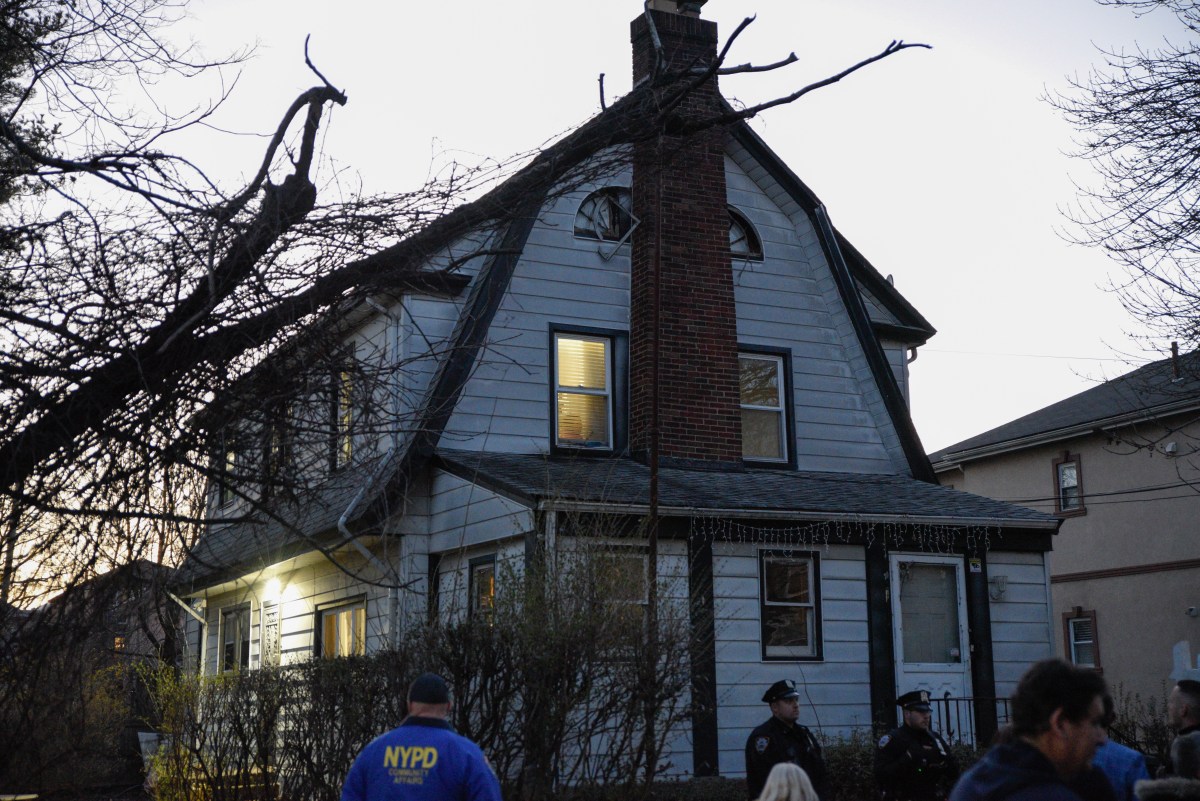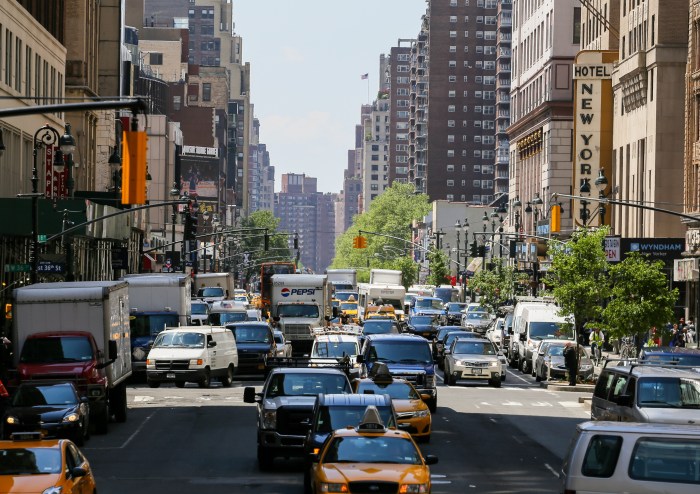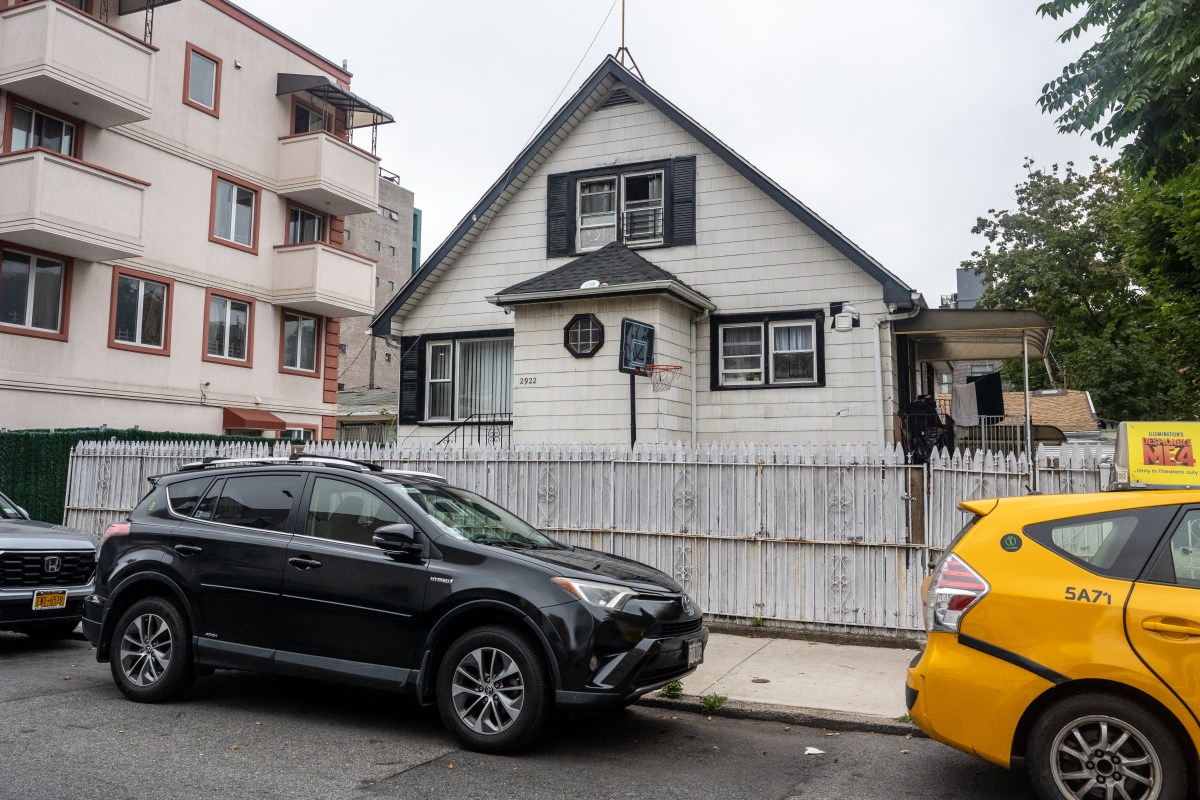Two City Council committees on Wednesday approved changes to much of the “City of Yes” citywide zoning text amendment meant to boost small businesses in the five boroughs.
The council’s Subcommittee on Zoning and Franchises and Committee on Land Use approved changes to 14 of the 18 zoning proposals that make up Mayor Eric Adams’ “City of Yes: Zoning for Economic Opportunity” (ZEO). Those alterations include nixing a proposal to permit new corner stores in residential areas and adding protections to the city’s industrial jobs by creating new manufacturing zones.
The subcommittee and committee’s votes on May 22 also included a commitment secured from the administration to regulate so-called “last mile” facilities used by online retailers like Amazon.
The text amendment includes 18 separate proposals that will update rules that have not been touched since the 1960s, and make it easier for businesses to operate and expand in the city.
“These text amendments will have citywide capability and reflect a comprehensive update to the city’s outdated framework of rules around commerical uses,” Bronx Council Member Rafeal Salamanca Jr., chair of the Land Use Committee, said before the vote.
Mayor Adams, in a statement, applauded the passage of the changes. The votes bring the amendment one step closer to full passage by the City Council — which could render a vote for final approval on or about June 6, after the changes are greenlit by the City Planning Commission.
“This historic initiative will remove outdated limitations on businesses and ensure that local retail streets and commercial centers across the city remain lively places that sustain our neighborhoods,” the mayor said. “I want to thank Speaker Adams and Chairs [Kevin] Riley and [Rafael] Salamanca for their dedication and collaborative effort to make thoughtful modifications that balance public input while maintaining the purpose and intent of the proposal. We urge the full City Council to adopt these regulations in the coming weeks.”
Council Member Riley, chair of the subcommittee, said before the vote that the changes were made in response to feedback from the city’s 51 community boards, civic organizations and individual New Yorkers.
“We have heard a lot of concerns about the content and complexity of ZEO,” Riley said. “Today, I want to confirm that these concerns were heard. In response, we at the City Council are making significant changes to the ZEO to address these concerns.”
Riley said they listed concerns that the zoning amendment would jam up residential commercial corridors with out-of-scale businesses, make residential areas into mixed-use districts and bypass community boards concerning certain land use decisions.
Perhaps the most notable modification was to drop a proposal that would have allowed the City Planning Commission to authorize new corner stores to open in residential areas. Riley said the measure raised “a lot” of concerns with community boards.
“The concern raised by many community boards is that this proposal amounts to a citywide rezoning of residential districts,” Riley said. “Corner stores may be appropriate in some residential districts, but this needs to be determined individually by each neighborhood.”
Other changes the council pushed through include putting size restrictions on the types of businesses that can open on commercial strips in residential districts and placing more guardrails around how new businesses such as indoor agriculture, life sciences labs and light manufacturing can open in more parts of the city.
On top of those changes, the administration committed to proposing a separate zoning amendment to require companies to seek a “special permit” to open last-mile facilities. The council argues the facilities, which are package distribution centers for e-commerce companies, have been disproportionately opened in lower-income neighborhoods like Red Hook, Brooklyn and Hunts Point in the Bronx.
The council also added a provision to the plan clearing the way for the creation of “micro-distribution centers” across the city. The facilities are smaller in scale, similar to the size of post offices, Riley said.
“The city must comprehensively rethink how packages are being delivered to our homes,” Riley said. “The health of historically disadvantaged communities should not be further compromised so that other neighborhoods can have access to online shopping.”
